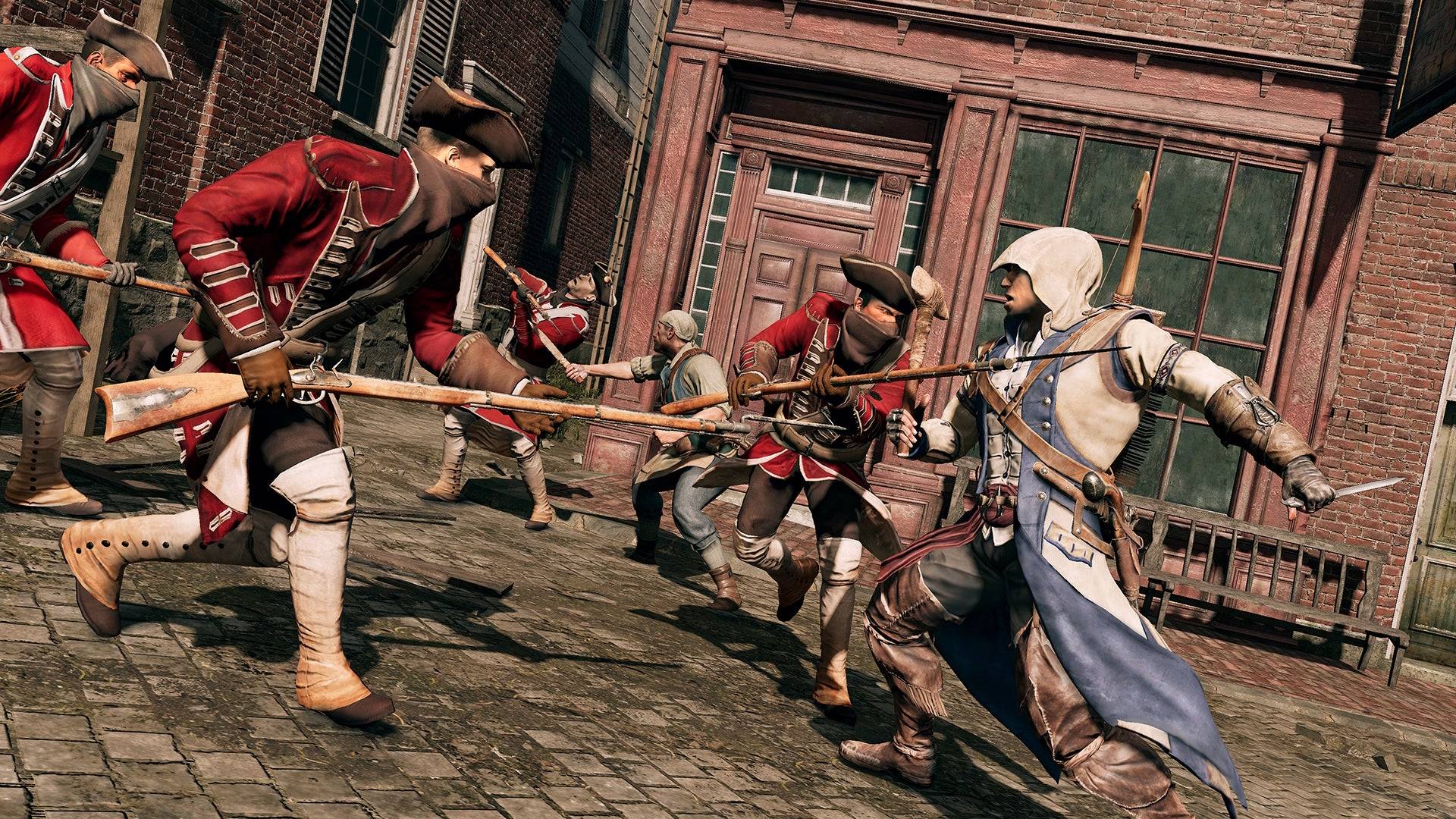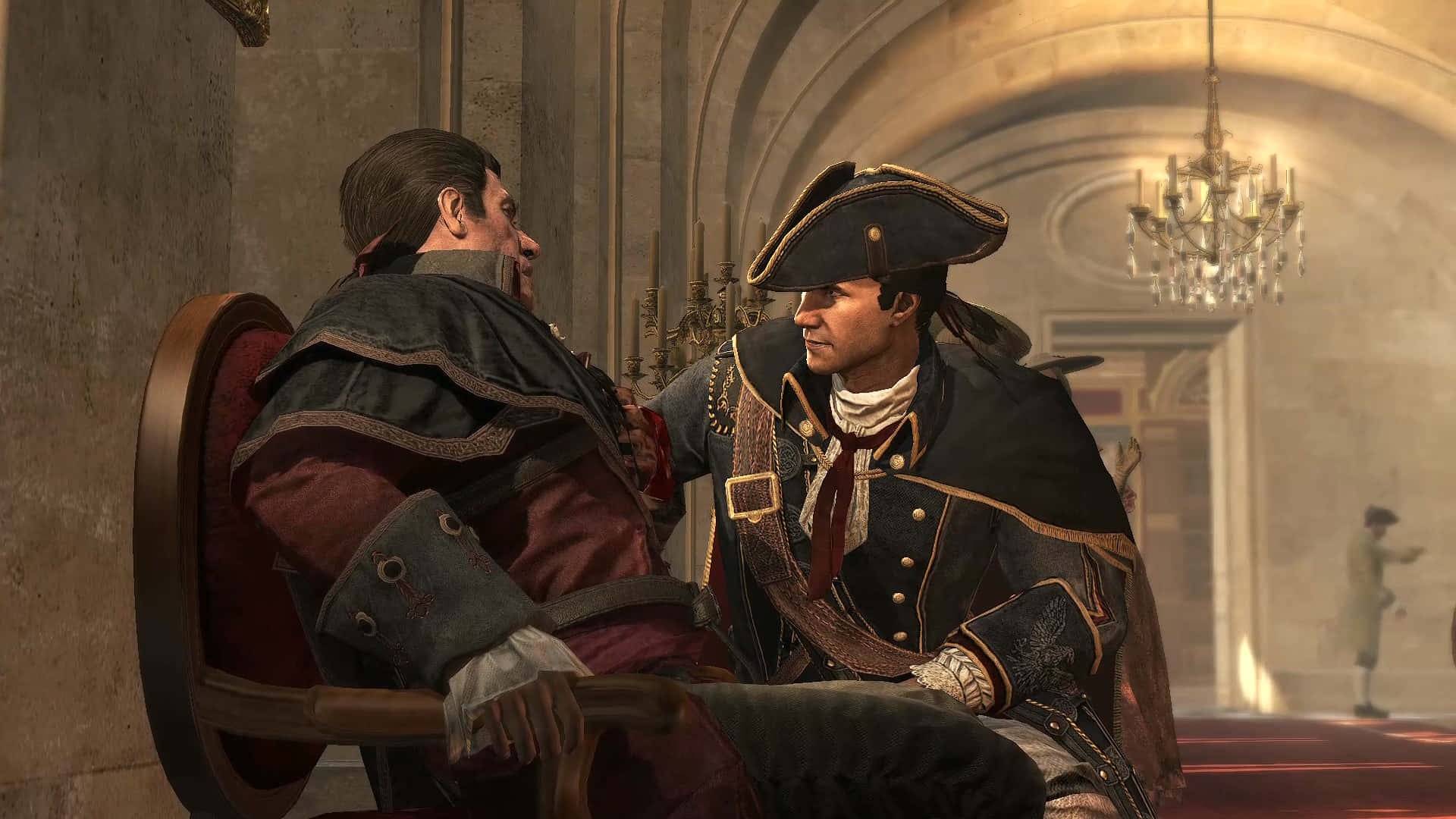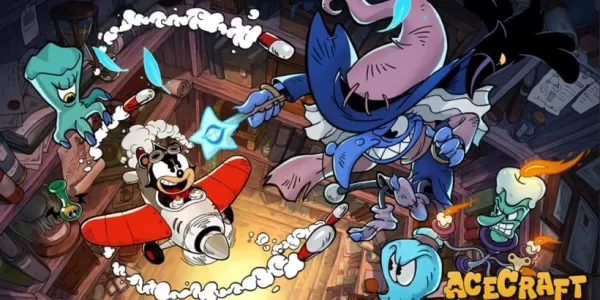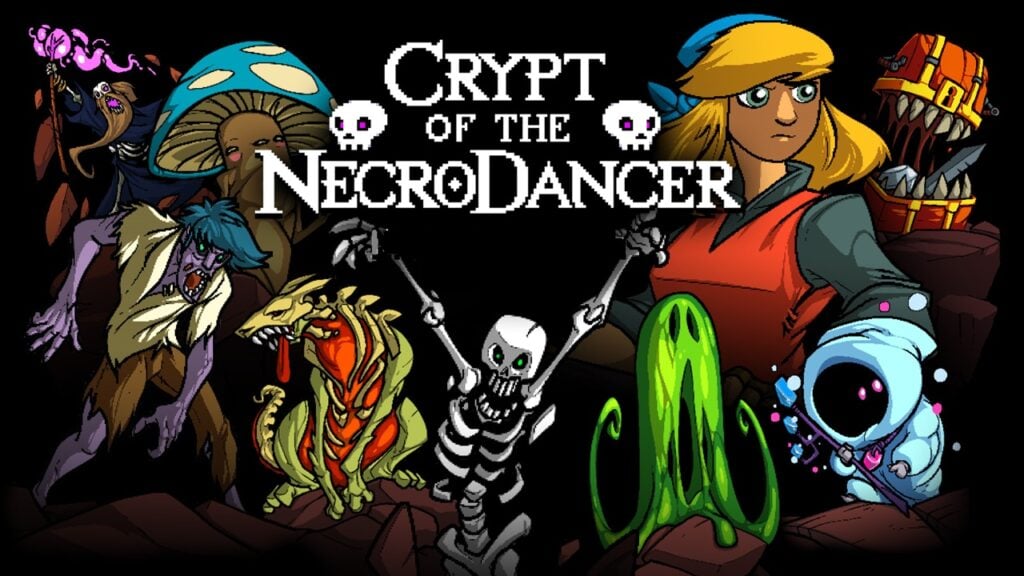One of the most unforgettable moments in the Assassin's Creed series occurs early in Assassin's Creed 3, when Haytham Kenway completes his task of assembling a team in the New World. Players are initially led to believe these are assassins. Haytham, with his hidden blade and charisma reminiscent of Ezio Auditore, has up to this point played the role of a hero, freeing Native Americans and confronting British redcoats. However, when he utters the phrase, "May the Father of Understanding guide us," it becomes clear that we have been following the Templars, the sworn enemies of the Assassins.
This twist exemplifies the full potential of the Assassin's Creed series. The original game introduced a fascinating concept of tracking, understanding, and assassinating targets but lacked depth in storytelling, with protagonist Altaïr and his targets lacking personality. Assassin's Creed 2 improved with the more iconic Ezio, yet the antagonists, such as Cesare Borgia in the spinoff Brotherhood, remained underdeveloped. It was not until Assassin's Creed 3, set during the American Revolution, that Ubisoft devoted equal attention to both the hunted and the hunter, creating a seamless narrative flow and a balanced blend of gameplay and story that has yet to be replicated in later titles.

While the current RPG-focused era of the series has been generally well-received, many believe Assassin's Creed is in decline. Debates abound over the causes, ranging from increasingly fantastical elements like battles against mythological figures, to the inclusion of romance options and historical figures like Yasuke in Assassin's Creed Shadows. However, I believe the true cause is the series' shift away from character-driven narratives, which have become lost in expansive open-world environments.
Over time, Assassin's Creed has expanded its original action-adventure formula to include RPG elements such as dialogue trees, XP-based leveling, loot boxes, microtransactions, and gear customization. Yet, as the games have grown larger, they have felt increasingly hollow, not just in repetitive side missions but also in their storytelling.
For instance, while Assassin's Creed Odyssey offers more content than Assassin's Creed 2, much of it feels less polished and less immersive. The flexibility to choose your character's actions and dialogue can dilute the narrative, as scripts become longer and less focused, resulting in characters that lack the depth seen in the more linear, action-adventure era. The earlier games provided tightly crafted scripts that allowed for well-defined characters, evident in iconic moments like Ezio's defiant speech after defeating Savonarola or Haytham's poignant soliloquy upon his death at the hands of his son, Connor:
*“Don't think I have any intention of caressing your cheek and saying I was wrong. I will not weep and wonder what might have been. I'm sure you understand. Still, I'm proud of you in a way. You have shown great conviction. Strength. Courage. All noble qualities. I should have killed you long ago.”*

The narrative quality has also declined in other ways. Modern games tend to oversimplify the moral conflict between Assassins and Templars, whereas earlier titles delved deeper into the gray areas between the two factions. In Assassin's Creed 3, each defeated Templar challenges Connor's beliefs, prompting players to question their own perspectives. William Johnson suggests the Templars could have prevented the Native American genocide, Thomas Hickey criticizes the Assassins' idealism, and Benjamin Church argues that morality is subjective. Haytham undermines Connor's faith in George Washington, a sentiment validated when it's revealed that Washington, not Charles Lee, ordered the burning of Connor's village. By the game's end, players are left with more questions than answers, making for a richer narrative experience.
Reflecting on the series, it's evident why "Ezio's Family" from the Assassin's Creed 2 soundtrack became the franchise's theme. The PS3-era games, especially Assassin's Creed 2 and 3, were fundamentally about character-driven stories. The melancholic tones of "Ezio's Family" evoke Ezio's personal loss rather than merely the Renaissance setting. While I appreciate the expansive worldbuilding and graphical advancements in newer Assassin's Creed games, I hope the franchise will one day return to crafting focused, intimate stories that originally captivated fans. However, in today's market, dominated by large-scale open worlds and live service models, such a return might not be considered "good business."
 Home
Home  Navigation
Navigation






 Latest Articles
Latest Articles









 Latest Games
Latest Games












